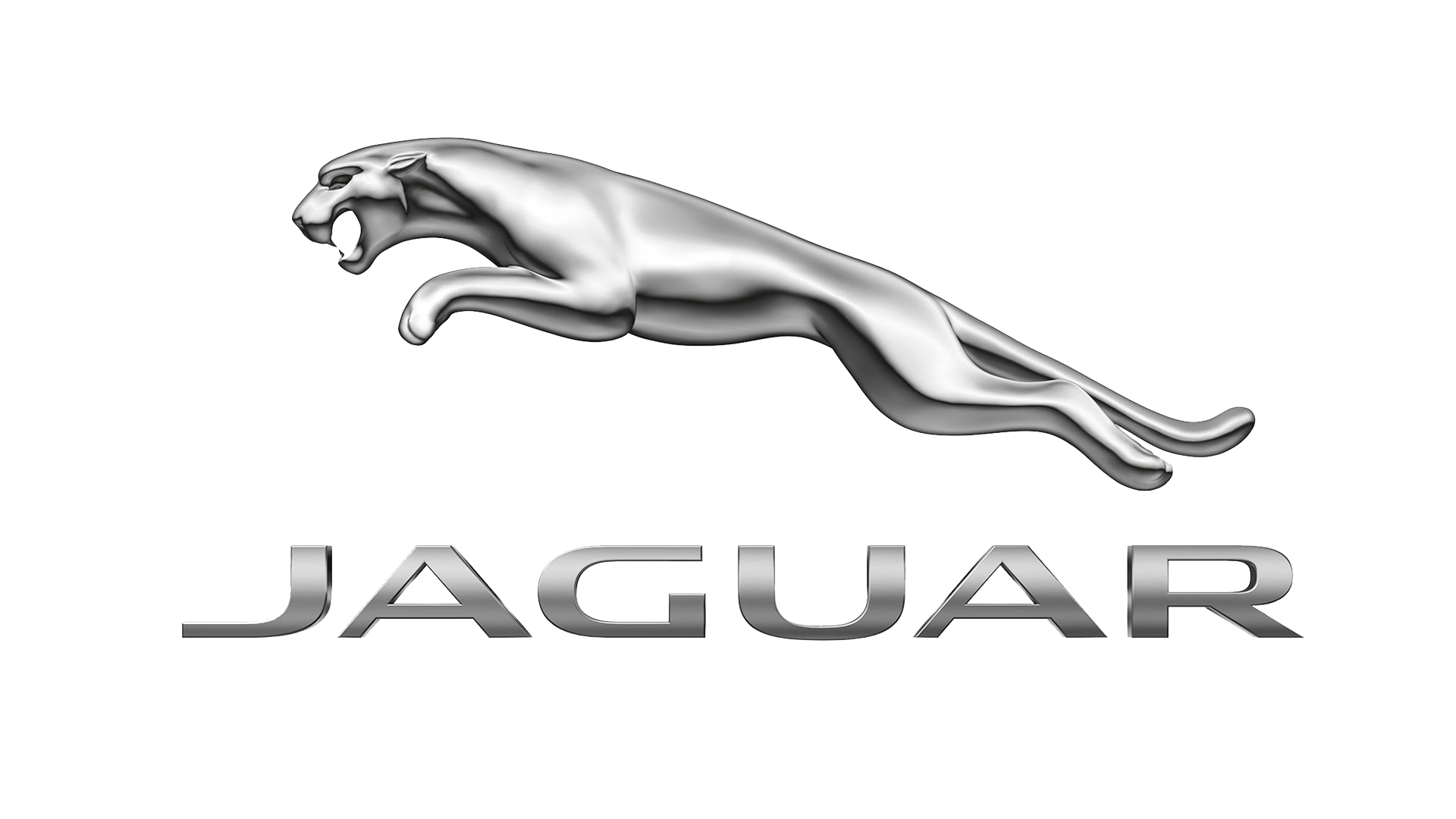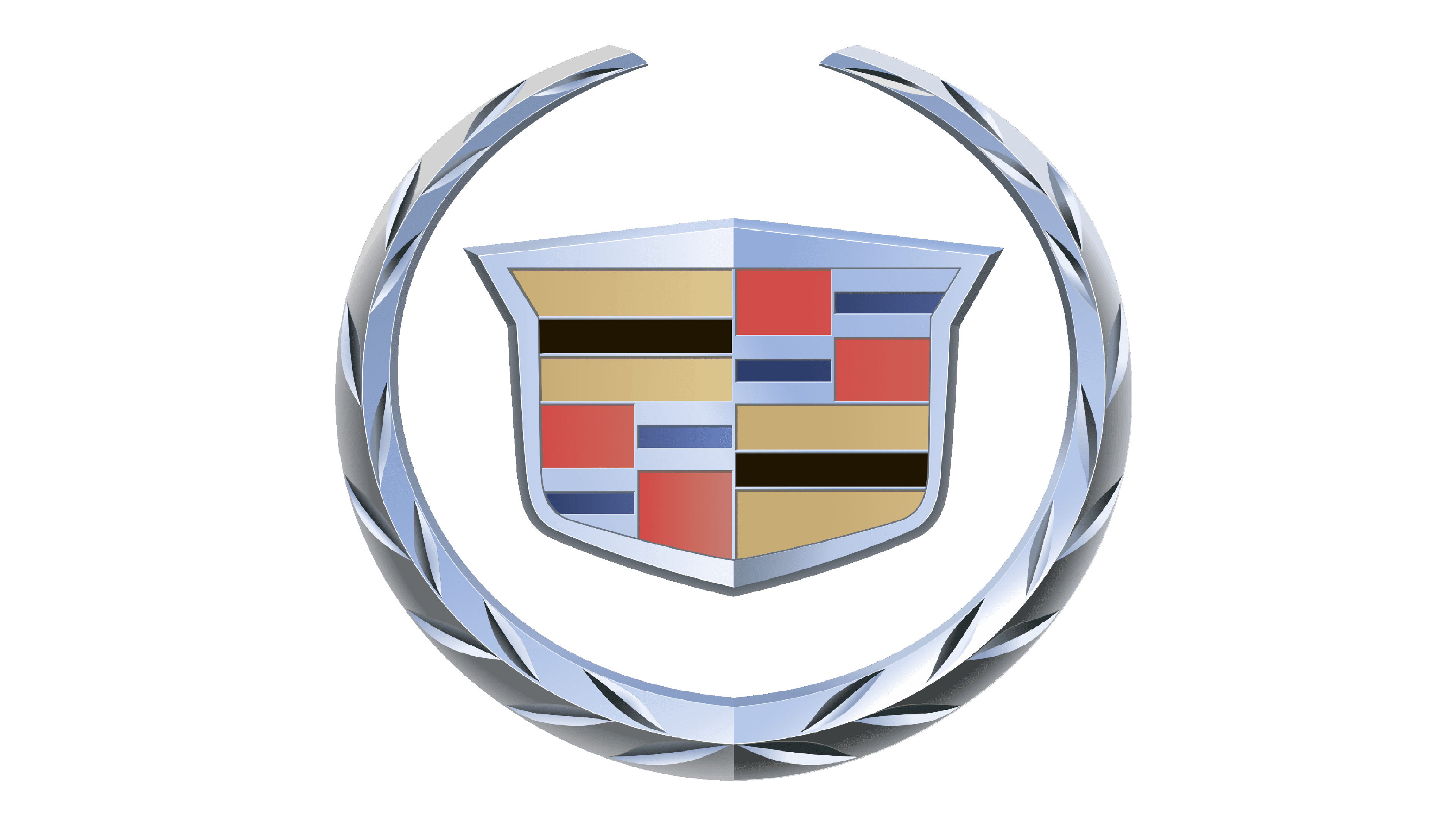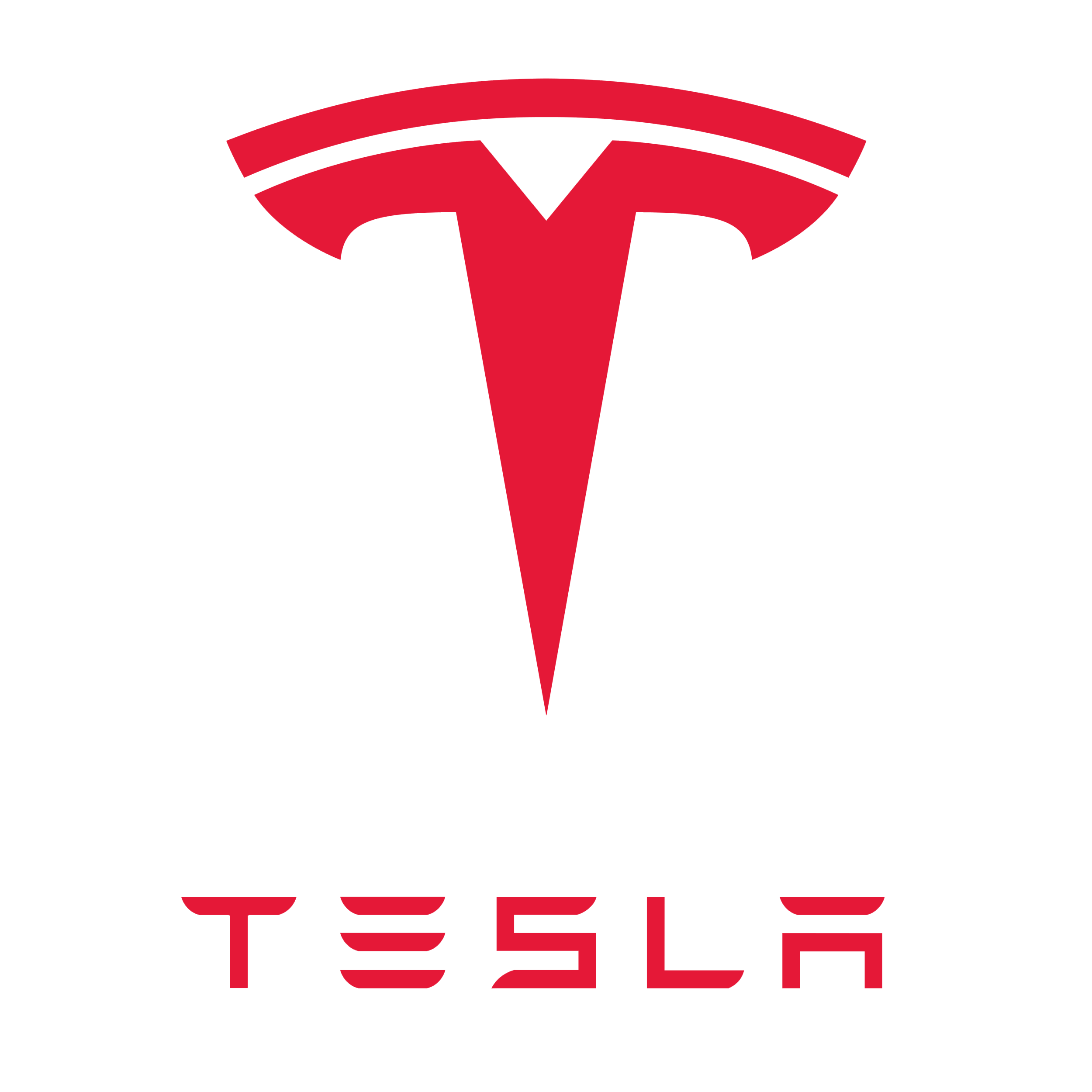Everyone wants a reliable car that won't drink fuel like water. That's exactly why import Japanese cars Mombasa has become such a big thing among young Kenyans. With more families getting some extra cash and fuel prices going crazy, Japanese cars just make sense.
Importing a Japanese car to Mombasa, Kenya, involves multiple costs. The import duty is 25% of the CIF value. Excise duty adds 20% to the total expenses. A 16% VAT further increases the financial burden. Additionally, 2.25% IDF and 1.5% RDL apply on CIF. Shipping costs range from KSh 100,000 to 500,000. Insurance is typically 1-2% of the car's value. Port charges vary between KSh 40,000 and 70,000. Agent fees cost KSh 10,000 to 30,000 for clearance. Registration fees are KSh 15,000 to 23,000 for compliance. The shipping process takes 24 to 34 days via RoRo. Required documents include commercial invoice and bill of lading. Export certificate and QIS Japan inspection certificate are mandatory. KRA PIN and passport copy are needed for IDF. Use eCitizen for IDF and hire a licensed agent. Clearing agent submits iCMS for customs processing at Mombasa. KEBS inspection ensures the vehicle meets safety standards. After paying duties, collect the car with Form 38.
Mombasa port is basically the front door for car imports in Kenya. We are talking about 20,000+ cars coming through every year (KRA keeps count). That's a lot of happy new car owners! The whole import Japanese cars Mombasa thing usually takes about 4-6 weeks if you do it right.
You know those Toyota Vitz and Mazda Demio cars you see everywhere in town? Most of them came through this exact process. They're popular for good reason - they sip fuel and actually start when you turn the key. This guide will walk you through everything so you can import Japanese cars Mombasa without any nasty surprises.
Why Japanese Cars Are Perfect for Mombasa Life
The salty air and humidity can turn cars into rust buckets pretty fast. But Japanese engineers seem to have figured this out years ago. Toyota, Mazda, and Nissan cars just keep going even when the weather tries its best to kill them.
Now we need to talk about fuel economy because that's where Japanese cars really shine. While other cars are guzzling 8-10 km per liter, Japanese models are cruising at 18-26 km/L. Do the math - that's serious money saved every month! No wonder the import Japanese cars Mombasa trend keeps growing.
Plus, finding someone to fix your car isn't a nightmare. Every other mechanic in Mombasa knows these engines inside out. Parts? Available everywhere. It's like the whole city runs on Japanese car knowledge.
The Import Timeline (What to Actually Expect)
So you want to import Japanese cars Mombasa? Here's the real timeline: Week 1 is all about finding your dream car in Japanese auctions. Then comes the waiting game - 3-4 weeks while your car takes a slow boat across two oceans.
The final stretch at Mombasa port can be either super smooth (3 days) or a bit of a headache (up to a week) depending on your paperwork game. Pro tip: get everything sorted early and you'll be cruising in your new ride before you know it.
The pre-shipping inspection happens in Japan, which is actually pretty cool. They make sure your car meets all our local standards before it even leaves Japanese shores. Smart planning during the import Japanese cars Mombasa process saves you from those "why didn't anyone tell me this" moments.
Top 10 Japanese Cars in Mombasa Streets
Walk around Mombasa and you'll spot these models everywhere. There's a reason why certain Japanese cars dominate our roads - they just work! When people import Japanese cars Mombasa, these are the models they keep choosing year after year.
| Rank | Model | What Makes It Special | Price Range (KSh) | Why Everyone Loves It |
|---|---|---|---|---|
| 1 | Toyota Vitz | Tiny but mighty, 26 km/L fuel sipper | 400K–800K | Perfect for dodging matatu traffic |
| 2 | Mazda Demio | Looks good, feels spacious, 20 km/L | 500K–900K | Young people's favorite stylish ride |
| 3 | Nissan Note | Family-friendly with surprising boot space | 600K–1M | Beach trips? No problem |
| 4 | Toyota Axio | Smooth sedan that just works | 700K–1.2M | The professional's choice |
| 5 | Toyota Fielder | Station wagon that hauls everything | 800K–1.5M | Small business owners swear by it |
| 6 | Nissan Wingroad | Fielder's reliable cousin | 700K–1.3M | Another wagon winner |
| 7 | Toyota Harrier | The luxury SUV flex | 1.5M–3M | When you want to arrive in style |
| 8 | Subaru Forester | All-wheel drive beast | 1.2M–2.5M | Handles rough roads like a champ |
| 9 | Toyota Probox | The workhorse van | 800K–1.5M | Traders and businesses love it |
| 10 | Nissan X-Trail | Family adventure machine | 1M–2M | Weekend getaways sorted |
Why These Cars Rule Mombasa Roads
Three things make these cars absolute winners here. First up - fuel economy. When petrol prices keep climbing, getting 20+ km per liter isn't just nice, it's necessary. The Toyota Vitz is basically the fuel economy champion around here.
Second, the price is right. Most of these models cost under KSh 1 million, which means even students working part-time and young professionals can actually afford them. When you import Japanese cars Mombasa, you're not just buying a car - you're buying freedom without breaking the bank.
Third, they're tough as nails. Japanese brands like Toyota versus Honda both have this reputation for just keeping going. Your mechanic knows them, parts are everywhere, and they don't surprise you with weird problems after two years.
How to Snag Your Dream Car from This List
Start by checking what these cars actually cost at Japanese auctions right now. A Mazda Demio might cost 20-30% less than what dealers here are asking. Use that savings to cover your import costs and still come out ahead.
Keep an eye on the 8-year rule though. Kenya only lets in cars that are 8 years old or newer. This hits luxury rides like the Toyota Harrier harder than compact cars, so plan accordingly.
Timing matters more than you think. December through March is when everyone wants to import Japanese cars Mombasa, so prices go up and shipping gets crowded. Book early or consider off-peak times for better deals.
Find an importer who really knows these specific models. The Toyota Probox, for example, has some commercial features that need special paperwork. Experience saves you headaches at customs.
Navigating Import Rules Without Getting Lost
Kenya's 2025 import rules aren't just bureaucratic nonsense - they're there to protect you and support local business. KRA and KEBS don't mess around with these standards. Get them right and import Japanese cars Mombasa goes smoothly. Get them wrong and you're looking at delays, extra fees, or worse.
The big rule everyone talks about? Your car can't be older than 8 years. So for 2025, we're talking 2017 models and up. Commercial trucks get some wiggle room, but regular cars? Nope. Most of our popular models from the list handle this just fine.
Right-hand drive is non-negotiable (good thing Japanese cars come that way already). Left-hand drive cars are basically banned, no exceptions. This keeps our roads safe and traffic flowing the way it should.
What Your Car Needs to Qualify
Engine size caps keep things reasonable. Under 3000cc gets you standard treatment and lower taxes. Go bigger and you'll pay more in duties and face extra inspections. Most people who import Japanese cars Mombasa stick with smaller, efficient engines like the Toyota Vitz uses.
Emissions need to meet Euro IV standards, but here's the cool part - Japanese cars usually exceed this already. Their domestic market is super strict, so what works in Japan definitely works here.
Safety gear like working seatbelts, airbags, and proper lights are must-haves. Again, Japanese cars come loaded with safety tech as standard, so you're probably good to go.
Pre-Shipment Inspection Dance
JAA and JEVIC handle all the checking before your car leaves Japan. They're basically making sure everything matches your paperwork and the car is actually in decent shape. No PSI certificate? No import Japanese cars Mombasa clearance. Simple as that.
They check everything - engine health, body condition, interior wear, safety systems, and VIN numbers. If something doesn't match up, the whole thing stops until it's fixed. Fancy cars like the Toyota Harrier get extra attention because of all their electronics.
Budget around $100-150 for PSI depending on your car. Some exporters include this in their package, others charge separately. Just factor it in from the start so there are no surprises.
Step by Step Import japanese cars mombasa
Ready to import Japanese cars Mombasa? Here's exactly what you need to do, in order. Skip steps or do them wrong and you'll wish you hadn't. But follow this guide and you'll be driving your Japanese import sooner than you think.
Finding Your Car at Japanese Auctions
USS Tokyo and other big auction houses move half a million cars every week. That's where the best deals hide. You can't bid directly (Japanese rules), but licensed exporters can bid for you.
Car grades go from R (ouch, accident damage) to S (basically new). Sweet spot? Look for 3.5 to 4.5 grades. Grade 4 cars have normal wear but run great. When you import Japanese cars Mombasa, condition affects what you can sell for later.
Do your homework on specific cars before auction day. Japanese second-hand cars come with detailed service histories. Use this info to spot the gems and avoid the lemons.
Set your max bid before emotions kick in. It's easy to get caught up in auction excitement and overpay for an ordinary car. Popular rides like the Mazda Demio can get competitive fast.
Getting Your Car to Mombasa
RoRo shipping is cheaper but your car rides on open decks. Weather and salt spray are real risks, but it works fine for tough cars. Expect 25-30 days from Japan to Mombasa.
Container shipping wraps your car in protection but costs more. Shared containers (2-4 cars) split costs while still protecting your investment. Full containers work if you're importing multiple cars. For expensive rides like the Subaru Forester, the extra protection might be worth it.
Most import Japanese cars Mombasa shipments go RoRo because every shilling counts. Container adds 10-15% to your budget, so decide if the protection is worth it for your specific car.
Pick shipping lines with solid reputations at Mombasa port. Some have delay problems or damage issues. Your exporter should know which ones deliver reliably.
Customs Clearance at Mombasa Port
Get your paperwork ready before your car even reaches port. You need bill of lading, invoice, insurance certificate, PSI documents - the works. Missing even one paper means expensive delays while your car sits in port storage.
Customs officers will physically inspect your import at the port. They check VIN numbers, engine specs, overall condition - everything. If something doesn't match your documents, everything stops. Complex cars like the Nissan X-Trail might need extra inspection time.
Port storage fees pile up fast - KSh 2,000-5,000 per day after your free period ends. Get through clearance in 3-7 days for normal cases. Document problems or complex inspections stretch this out and cost more money. Import Japanese cars Mombasa delays aren't just annoying - they're expensive.
Smart move? Hire a clearing agent who knows Mombasa port like the back of their hand. Good agents move cars through faster and cheaper than trying to do it yourself.
Real Cost of Importing (No Hidden Surprises)
Now we talk money - the real numbers for import Japanese cars Mombasa in 2025. This table shows what you'll actually pay beyond your car's Japanese price tag.
| What You're Paying For | Percentage of CIF | Example (KSh 800K Car) | Reality Check |
|---|---|---|---|
| Import Duty | 25% | 200,000 | Government gets their cut |
| VAT | 16% | 128,000 | Applied after duty |
| IDF Fee | 1% | 8,000 | Import declaration |
| Railway Development | 2% | 16,000 | Infrastructure support |
| Port Handling | Fixed Fee | 15,000-25,000 | Size matters here |
| Clearing Agent | Fixed Fee | 30,000-50,000 | Worth every shilling |
| Marine Insurance | 1-2% | 8,000-16,000 | Protects your investment |
| Your Total Extra | ~47% | 405,000-443,000 | On top of car cost |
So that Toyota Vitz costing KSh 600K in Japan? You're looking at KSh 880K-920K by the time it's yours in Mombasa. Budget about 45-50% extra beyond the Japanese sticker price.
Expensive cars hurt more because of percentage-based duties. A KSh 1.5M luxury SUV becomes KSh 2.2-2.4M after everything. Import Japanese cars Mombasa math favors cheaper, efficient models for most buyers.
Watch Out for These Hidden Costs
Port demurrage starts ticking after 4 free days. That's KSh 2,000-5,000 daily depending on car size. Document delays trigger this fast, so get your paperwork game tight to avoid these import Japanese cars Mombasa penalty fees.
Some clearing agents quote low then hit you with surprise charges. Get everything in writing upfront. Good agents are transparent about costs from day one.
Currency swings affect what you pay Japanese exporters. Yen weakness saves you money, yen strength costs more. Lock in rates early if possible to protect your budget.
Weekend clearance means overtime fees for port officials. Time arrivals for normal working days when possible to keep import Japanese cars Mombasa costs standard.
Money Options That Actually Work
Kenyan banks offer import loans if you qualify (18+ with decent credit). Equity Bank and KCB have special auto import packages covering purchase, shipping, and clearance. Interest runs 14-18% annually based on your credit score.
Some Japanese exporters finance deals for repeat customers. Works best if you've imported before and paid on time. New buyers usually need cash for their first purchase.
Chama group buying gets you bulk discounts and shared shipping costs. Multiple cars per shipment cuts individual expenses. Models like the Toyota Fielder work great for group purchases.
Family help remains huge for first-time buyers. Parents or relatives often chip in for young people's first car. Beats bank interest and credit hassles.
Finding Partners You Can Actually Trust
Good partners make import Japanese cars Mombasa way easier. Bad ones make it expensive and frustrating. Choose carefully because your money and timeline depend on getting this right.
You can Choose Next Drive to Buy the japanese car . Better yet, talk to previous customers directly. Top Japanese used car exporters build reputations on customer satisfaction.
Mombasa Importers Who Know Their Stuff
Canon Motors Kenya handles 500+ imports monthly with solid customer feedback. They know popular models including the Toyota Probox and Nissan Note inside out.
Next Drive Kenya connects directly with Japan for smooth service. They focus on compact, fuel-efficient cars that young buyers love. Their Mombasa office handles clearance and delivery across coastal Kenya. Import Japanese cars Mombasa through NextDrive typically takes 4-6 weeks start to finish.
Local clearing specialists like Shipping Solutions focus just on customs clearance. They work with any Japanese exporter you pick. Costs less but requires more coordination on your part.
Insurance That Actually Protects You
Marine insurance covers your car during the ocean voyage to Mombasa. Basic policies handle total loss, theft, and major damage. Costs 1-2% of car value for standard coverage. Comprehensive costs more but includes weather damage and accidents.
Japanese exporters often bundle basic marine insurance. Read the fine print to understand what's covered and what isn't. Some exclude damage from poor loading or securing. Import Japanese cars Mombasa insurance claims need tons of documentation to succeed.
Japanese dealer warranties rarely transfer to Kenya. Plan for all maintenance and repair costs from day one. Local mechanics handle most Japanese car fixes at reasonable prices.
Some Kenyan insurers offer special policies for fresh imports. Coverage starts immediately when you clear customs in Mombasa. Shop around before picking comprehensive coverage.
After Import: Making It Legal and Keeping It Running
NTSA handles vehicle registration after customs clearance at Mombasa. Process takes 2-4 weeks with proper documents - customs clearance certificate, PSI papers, and insurance proof. Import Japanese cars Mombasa registration follows standard NTSA rules.
Bring your cleared car to NTSA inspection centers in Mombasa. They verify VIN numbers, check safety features, and confirm specs match documents. Pass inspection and get your Kenyan logbook plus number plates. Fail and you fix problems before trying again.
Getting Road Legal
KEBS roadworthy testing covers brakes, steering, lights, and emissions. Most Japanese cars pass without modifications. Budget 2-3 days for complete testing when you import Japanese cars Mombasa.
Older models might need headlight adjustments for our left-side traffic. Japanese cars come set for right-side driving. Local mechanics fix this quickly and cheaply. LED upgrades improve visibility and easily pass KEBS testing.
Emission testing uses Euro IV standards currently enforced in Kenya. Japanese domestic cars usually exceed these requirements easily. Catalytic converter function and exhaust emissions get tested thoroughly.
Making Your Import Last
Parts for popular Japanese models are everywhere in Mombasa and across Kenya. Toyota, Nissan, and Mazda maintain dealer networks with genuine parts. Aftermarket parts from reliable Japanese car brands cost less but might affect warranties.
Find mechanics who specialize in Japanese cars for best results. Many Mombasa mechanics know these engines and common issues. Regular 5,000 km service keeps imports running smoothly for years.
Service costs for Japanese cars stay lower than European or American alternatives. Oil changes, filters, and routine maintenance cost 20-30% less than other brands. Importing used Japanese cars to Kenya makes financial sense long-term.
Keep detailed service records to protect resale value. Well-documented maintenance helps future buyers pay premium prices. Japanese cars with proper care easily last 15-20 years in Kenyan conditions.
Ready to Get Your Japanese Import? Here We Go!
Import Japanese cars Mombasa gives you the best value for reliable, fuel-efficient transport. Models like Toyota Vitz and Mazda Demio provide years of economical service. Follow proper procedures and avoid expensive mistakes that trip up beginners.
Start planning your import 2-3 months before you need the car. This gives you time for proper research, documentation, and shipping schedules. Contact experienced Japanese car exporters for current pricing and availability. Importing used Japanese cars to Kenya through Mombasa remains the smartest move for quality, affordable transportation.
How long does importing Japanese cars to Mombasa actually take?
Count on 4-6 weeks total - purchase to your driveway. Shipping eats up 3-4 weeks, clearance needs 3-7 days.
What will I really pay to import Japanese cars to Mombasa?
Add 45-50% to your Japanese purchase price for all taxes, shipping, and fees combined.
Which Japanese models work best in Mombasa conditions?
Toyota Vitz, Mazda Demio, and Nissan Note top everyone's list for efficiency and reliability.
Do I need special permits to import cars from Japan?
Nope, no special licenses needed. Just work with licensed clearing agents for smoothest results.





























